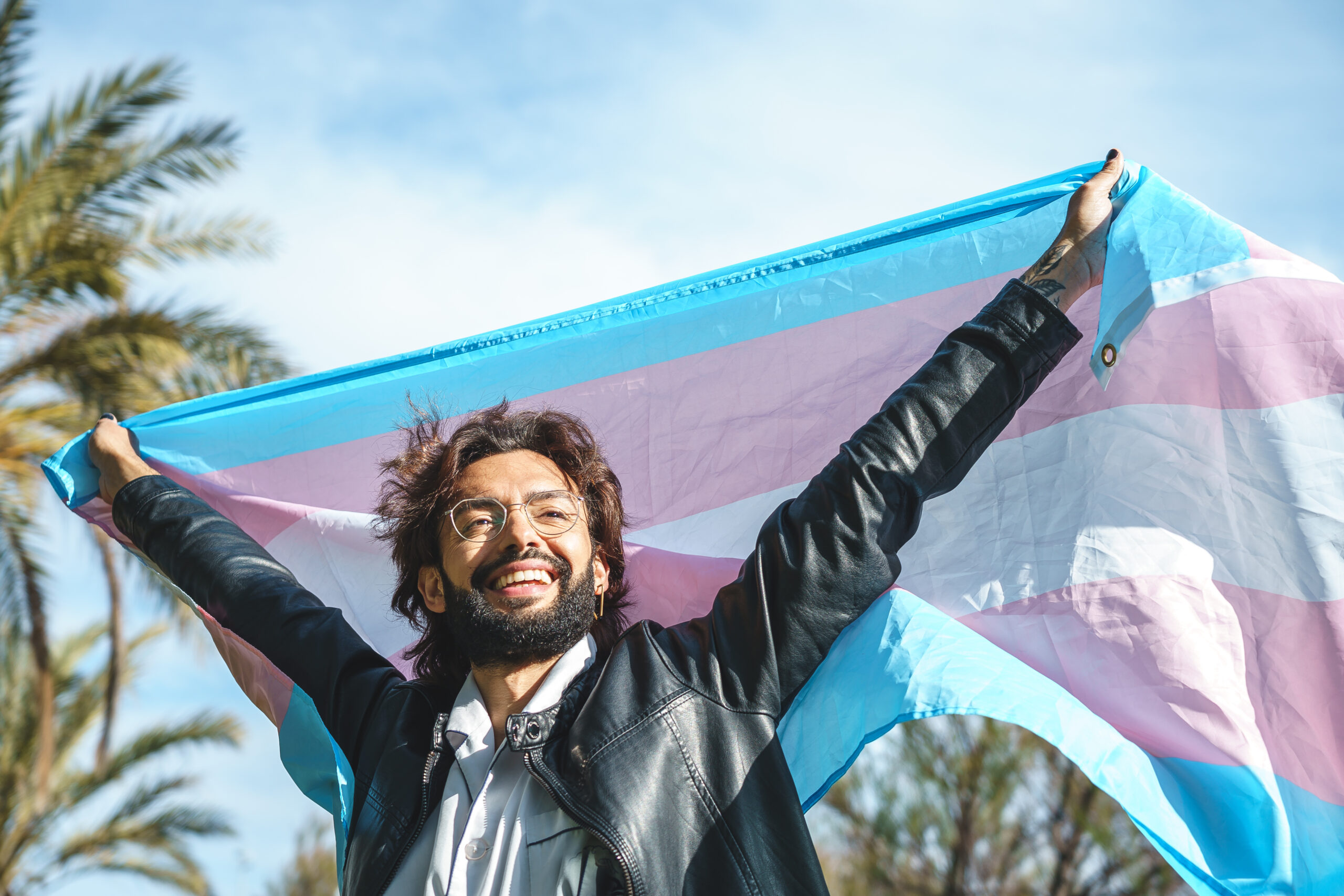Without over-the-counter access to emergency contraception, those 17 and older are dependent on pharmacist availability and those 16 and younger are dependent on first obtaining a prescription as well.

By Gina Desiderio
December 18, 2011
U.S. Department of Health and Human Services (HHS) Secretary Kathleen Sebelius failed to accept the Food and Drug Administration (FDA) recommendation to make Plan B One-Step emergency contraception available without a prescription for people under 17. Emergency contraception will continue to be available for women under 17 with a prescription, and behind the counter, once age is verified, for those 17 and older.
This decision appears to be politically motivated rather than based in science and research.
This decision appears to be politically motivated rather than based in science and research. The FDA had been expected to approve over-the-counter availability of Plan B One-Step, without an age restriction, based on its thorough and careful review of the data on usage. However, Sebelius, in an unprecedented action, overrode the FDA’s recommendation.
“We are surprised and disappointed in Sebelius’ unfounded decision. The Obama administration’s previous commitment to science has been a positive force in the field of adolescent sexual and reproductive health,” says Dr. Pat Paluzzi, President/CEO of Healthy Teen Network. “This decision, however, indicates a move away from science as a measured means of forming policy and programs.”
If used within 120 hours of unprotected intercourse, emergency contraception provides a second chance to prevent pregnancy. Proper use of emergency contraception can reduce the risk of pregnancy, thereby reducing the need for abortions.
Proper use of emergency contraception can reduce the risk of pregnancy, thereby reducing the need for abortions.
Although there are many highly effective birth control options to choose from, none is 100% effective, even if used correctly. Sometimes errors are made—a condom breaks, a birth control pill is forgotten. At other times, sexual intercourse is unplanned or unwanted. In any of these instances, an unintended pregnancy might occur. If used within 120 hours of unprotected intercourse, emergency contraception provides a second chance to prevent pregnancy. Proper use of emergency contraception can reduce the risk of pregnancy, thereby reducing the need for abortions.
“Critics have expressed concern that adolescents’ access to and use of emergency contraception will increase sexual promiscuity and risky sexual behavior, as well as increase rates of sexually transmitted infections (STIs). However, research has shown that advance provisioning and ease of access to emergency contraception does not affect adolescents’ sexual behavior, nor increase their risk of STIs,” notes Paluzzi.
Without over-the-counter access to emergency contraception, those 17 and older are dependent on pharmacist availability (to verify age), and those 16 and younger are dependent on first obtaining a prescription, as well as pharmacist availability.
Emergency contraception is most effective if used within the first 24 hours following sexual activity. The time sensitive nature of its effectiveness makes widespread availability a critical issue for all women and men. Without over-the-counter access to emergency contraception, those 17 and older are dependent on pharmacist availability (to verify age), and those 16 and younger are dependent on first obtaining a prescription, as well as pharmacist availability. Increased access to emergency contraception could reduce the number of unintended and/or terminated pregnancies that occur in this country each year. Therefore, emergency contraception should be widely and easily available to all whom can safely use it.
Healthy Teen Network continues to work to support adolescents’ access to reproductive and sexual health services. “We concur with our colleagues that this is a major setback for access to critical health services and does indeed impact everyone. Unfortunately, this decision leaves us exactly where we were when the Bush administration limited access. We can only hope the public’s outrage at this decision will force yet another review, and future decisions will be based in science,” remarks Paluzzi.
Gina Desiderio, MA, is Director of Communications for Healthy Teen Network and oversees all of our communications and dissemination. Working here has only sometimes prepared Gina for spontaneous sex-positive conversations with her two young sons. Read more about Gina.







